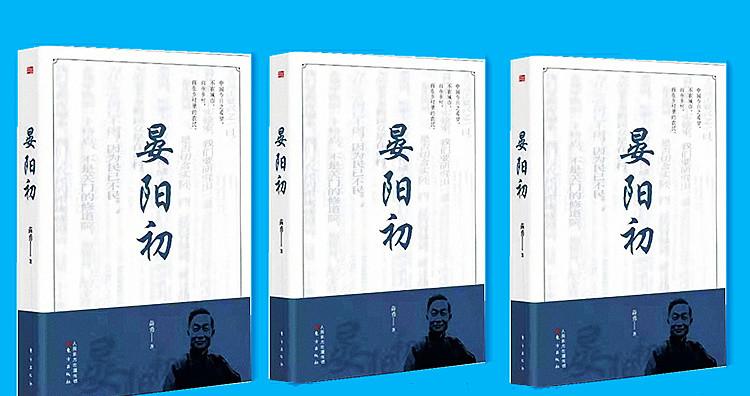
Yan Yangchu was a world-renowned civilian educator. Why is he like an ascetic, who endures hardships and pursues him all his life? To understand a real and extraordinary person, there needs to be a path to approach, and this is the meaning of biographical literature. Of course, if the writer wants to enter another living character, he can only restore part of it with overlapping life experiences, and the rest can only be completed by imagination. Therefore, the most valuable thing about biography lies in the overlapping parts of the lives of the writer and the biographer. In several biographies of Yan Yangchu, the new works of sichuan writer Miao Yong deserve at least two places of attention.
The first is the in-depth excavation of the cultural relationship between Yanyangchu and Dabashan. Yanyang was born in Bazhong, Sichuan, located in the hinterland of Daba Mountain, and the unique natural environment and regional culture have an irreplaceable role in the formation of Yanyang's early personality. As a Native of Bazhong, Miao Yong has his writing advantages in this regard. For example, Yan Yangchu summed up the "three C's" in his spiritual world: Confucius (Confucius), Christ (Christian doctrine) and Coolie (coolie), of which Coolie (coolie) became more vivid and concrete because of the author's familiarity with Dabashan culture. In the dabashan area with inconvenient transportation, "back brother" is a necessary type of work, and it is also a veritable "coolie". Miao Yong described that in the process of Yan Yangchu's study, he had close contact with the "second brother behind his back" and felt their optimism and tenacity, which was in line with the reality of local life and could be confirmed in Yan Yangchu's thoughts. Yan Yangchu's idea of civilian education is a comprehensive revitalization of rural society, and its content not only contains material improvement, but also spiritual growth, obviously out of his respect for civilians. When Yanyang first carried out civilian education, he was often like the "second brother behind his back" in the Daba Mountains, although he suffered various blows and setbacks, he never gave up, showing a tenacious and optimistic spirit.
Second, the practical spirit of Yan Yangchu was different from that of ordinary intellectuals. His practical spirit is not to "learn and excel" in traditional society, nor to devote himself to revolution in modern society, but to independently find a solution to China's problems in accordance with his own ideals. The author Miao Yong's profession gives him an advantage in looking at such issues. Miao Yong worked as a middle school teacher, a grassroots civil servant, and even served in a trade union, which gave him a deeper understanding of Chinese society and culture, and had more say in how to "practice" in grassroots society, which is reflected in the work, which can more truly convey Yan Yangchu's personality charm.
▲ "Yan Yang Chu", by Miao Yong, published by Oriental Publishing House
There are two details in the book that I remember vividly. The first is Yan Yangchu's refusal to coerce and induce Zhang Xueliang. Zhang Xueliang had the grace of knowing Yan Yangchu, which could easily become a personal attachment, but Yan Yangchu maintained his independence, which also made his civilian education movement not degenerate into a political art, but a way to save the country. The author handles this detail, does not overemphasize his high character, but highlights his determination and pragmatism, and reflects the personality characteristics of Yan Yangchu. Only in this way can Yan Yangchu persist in the modern China of war and strife. The other is the problem that Yan Yangchu encountered during the experiment in Dingxian County. The author's description of the Dingxian experiment returns to the context of rural social transformation and writes out the logical relationship between the various work in the experiment. For example, although cotton yields are not high, farmers are still reluctant to change seeds, which requires convincing farmers through test fields; when cotton is bumper, farmers are unable to determine prices and are difficult to truly benefit, which requires the establishment of channels for the sale of agricultural products. Without grassroots social work experience, it would be difficult to tell the story of a series of experiments carried out by Yan Yangchu in Dingxian County. But the author is particularly handy in dealing with such details.
There are many more advantages that are worth recommending in "Yanyang Chu", and on the basis of comparing various biographies of Yanyang Chu, I would like to introduce these two points in particular. The rest is left to the reader's own taste.
Author: Zhou Weidong
Editor: Xue Weiping
Editor-in-Charge: Zhu Zifen